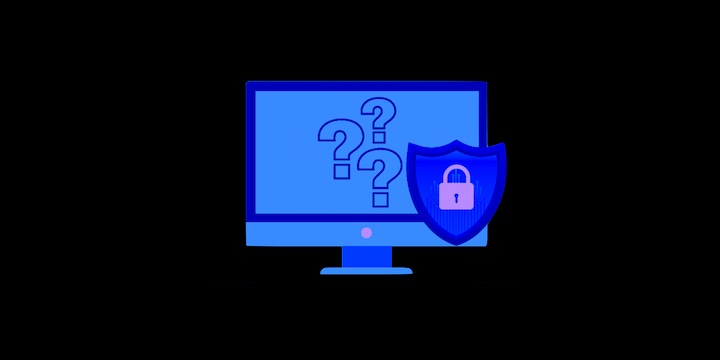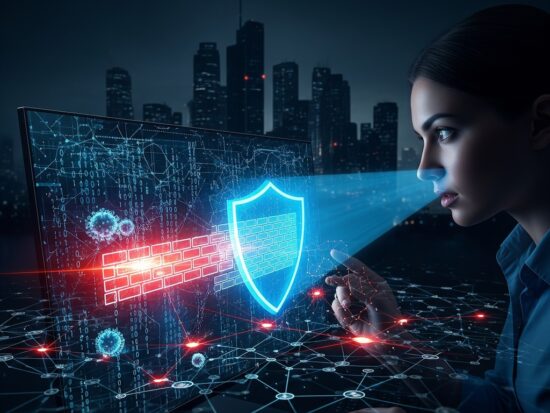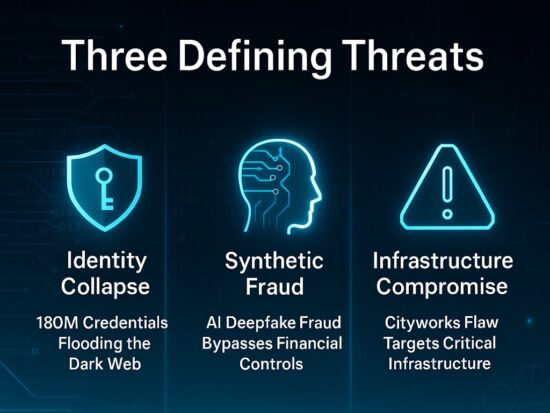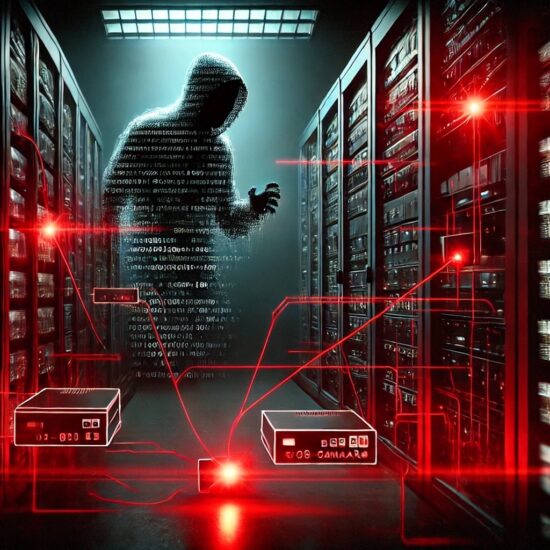Personal privacy has become an increasingly important issue in recent years, as advances in technology and the growth of the internet have made it easier than ever for individuals and organizations to collect, use, and share personal information. While many people may not be aware of the extent to which their personal privacy is being compromised, the reality is that our privacy is being eroded in ways that can have significant impacts on our everyday lives. In this article, we will explore the ways in which personal privacy affects us in our daily lives, and the implications of these effects for individuals, organizations, and society as a whole.
The Importance of Personal Privacy
Personal privacy is important for a number of reasons. First and foremost, it allows individuals to maintain control over their personal information, and to decide who has access to it. This can be particularly important in situations where sensitive or confidential information is involved, such as medical records, financial information, or personal communications. Without privacy protections, individuals may be hesitant to share this information, which can hinder important activities such as seeking medical treatment or conducting financial transactions.
In addition to providing individuals with control over their personal information, privacy also plays an important role in fostering trust and confidence in social and economic relationships. When individuals feel that their privacy is being respected and protected, they are more likely to engage in activities that require them to share personal information, such as online shopping or social media use. Conversely, when individuals feel that their privacy is being compromised, they may be more hesitant to engage in these activities, which can have negative impacts on the economy as a whole.
Privacy and Everyday Life
Privacy affects us in many ways in our everyday lives. One of the most obvious ways is through our interactions with technology. As more and more of our personal information is stored online, either through social media platforms or other digital services, the risk of that information being compromised or shared without our consent increases. This can lead to a number of negative consequences, such as identity theft, harassment, or reputational damage.
Another way in which privacy affects us is through our interactions with businesses and other organizations. Many companies collect data on their customers in order to better target their advertising or improve their services, and this data can be shared with third-party advertisers or other organizations. While this data can be useful in some cases, it can also be used to discriminate against individuals or to target them for scam or fraud.
Privacy also affects us in our interactions with government and law enforcement. In many countries, governments have the ability to collect personal information on their citizens, either through surveillance programs or through other means. While these programs are often justified on the basis of national security or public safety, they can also be used to infringe on the privacy rights of individuals and to chill free speech and dissent.
Implications for Individuals, Organizations, and Society
The erosion of personal privacy has significant implications for individuals, organizations, and society as a whole. For individuals, the loss of privacy can lead to a loss of control over personal information, as well as negative consequences such as identity theft or reputational damage. This can have a significant impact on individuals’ mental health and well-being.
For organizations, the loss of privacy can lead to a loss of trust and confidence among customers and other stakeholders. This can lead to decreased sales, negative publicity, and increased regulation or oversight. In addition, organizations that collect and use personal data must be mindful of their legal and ethical obligations to protect that data and to obtain informed consent from individuals before using or sharing it.
For society as a whole, the erosion of privacy can lead to a number of negative consequences, such as decreased trust in public institutions, increased social inequality, and decreased freedom of speech and expression. It can also lead to increased social fragmentation and polarization, as individuals retreat into more narrow and insular communities in an attempt to protect their privacy.
In conclusion, personal privacy is an important issue that affects us in many ways in our everyday lives. The erosion of privacy can have significant negative consequences for individuals, organizations, and society as a whole, and it is important that we take steps to protect and preserve privacy in our increasingly digital world. This can include measures such as using privacy-enhancing technologies, advocating for stronger legal protections for privacy, and educating individuals and organizations about the importance of privacy and how to protect it. By working together to protect privacy, we can help to create a more just and equitable society in which individuals’ rights to privacy are respected and protected.





